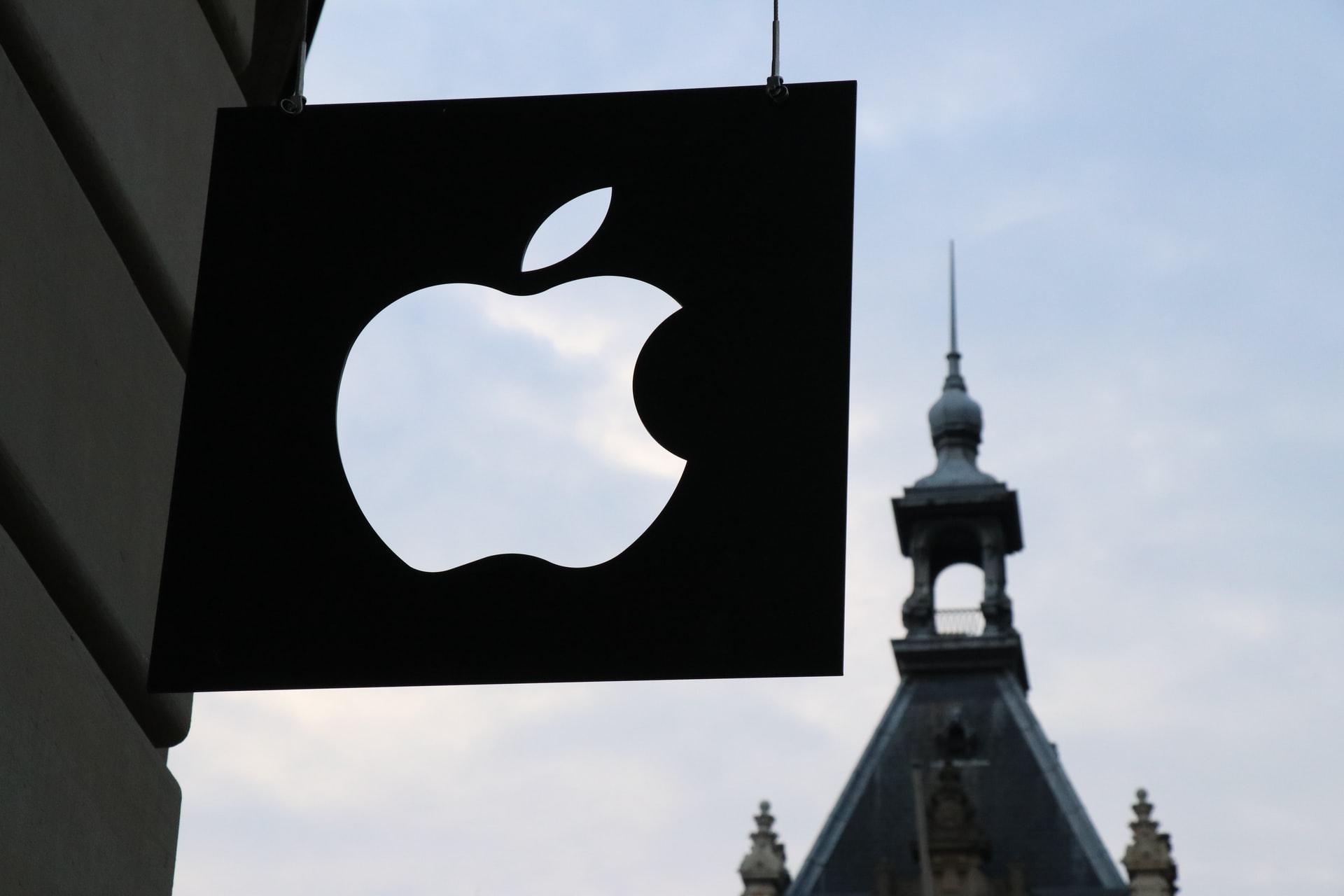A consumer rights advocate in the United Kingdom, Justin Guttman, has filed a class action lawsuit against Apple, demanding $935 million in damages. The class action lawsuit was launched against Apple for limiting the performance of some older iPhone models.

The class action lawsuit was brought in London’s Competition Appeal Tribunal on behalf of 25 million iPhone owners in the UK who used any of the ten iPhone models from 2014 to 2017, including the iPhone SE. Apple is accused of abusing its market dominance to engage in exploitative and unjust business practises, according to the lawsuit.
“We have never, and would never, do anything to purposefully reduce the life of any Apple device, or impair the user experience to force consumer upgrades,” Apple stated in response to the complaint, according to the BBC.
Guttman’s lawsuit is a “opt-out” claim, which implies that any consumers who are harmed will not have to actively join the action in order to collect damages.
The Cupertino, California-based corporation is accused of deceiving iPhone owners by installing a power management software upgrade in iOS 10.2.1 in January 2017 that slowed the handsets’ performance.
The processor’s peak performance was lowered by up to 58 percent in some older iPhones as a result of this upgrade. This was implemented, according to Apple, to reduce the stress on the phone’s battery. After the incident was brought to Apple’s attention in 2018, the company apologised for its handling of the situation and announced a battery replacement programme for the impacted iPhone models.
Yes, Apple resolved a class action lawsuit in the United States in 2020, accusing the corporation of purposely slowing down the performance of older iPhones to encourage customers to upgrade to newer models. The corporation eventually settled the lawsuit for roughly $500 million without admitting any wrongdoing.
In the same year, the French antitrust regulator fined Apple $27 million for slowing devices without alerting users. This time, Apple agreed to post a statement about the suspension on its website for a month.
